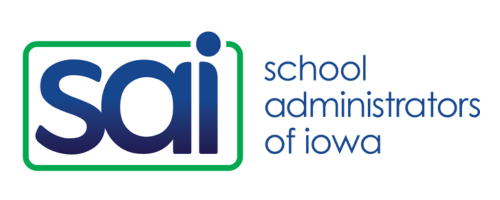Play as an Instructional Strategy in PK-3
School leaders can support the social, emotional, and academic development of their youngest learners through promoting purposeful play. What does intentional, playful learning look like? These lists can guide your walk-throughs and follow up conversations.
An article in the March/April 2022 edition of Principal Magazine references the research base (much of which is cited here) supporting the benefits of play:
- Play based learning allows students to explore, create, adapt, experiment, socialize, and problem-solve with peers and individually.
- Play fuels happiness and intelligence throughout life.
- Play improves language ability and neuroprocessing.
Purposeful play is not a free-for-all where toys are scattered about the classroom and students randomly move from activity to activity. Purposeful play means play is integrated into academic standards, curriculum and assessment. Following are elements of play that leaders might see in walk-throughs and observations and can be a focus for conversation —note that the assumption is that all activities are linked to an academic standard/s:
|
PK – K |
Grades 1-3 |
|
Play can be seen in small group learning, 1:1, or independent work |
Play should include investigations, dramatizations, construction, and experimentation. |
|
Play can be seen in shared learning involving role-playing, problem-solving, using different materials, and thinking creatively. |
Play should be integrated into the curriculum through careful planning that embeds these experiences throughout each day and across days. |
|
Activities might include running a pretend restaurant (creating a menu, listing items, and interacting with “customers” means learning about letter formation, number and money sense, nutrition, social norms). |
Play should incorporate self-reflection and interdisciplinary connections where children explore, ask questions, make choices, work together, solve problems, and use their imaginations with academic content and concepts. |
|
Play should include opportunities for students to develop executive functioning skills, including planning, flexibility, and attention. |
Play should create safe places for children to take risks with their learning. |
|
Play should develop students’ spatial awareness. |
Play should help develop and practice regulation of emotions. |
|
Play should support collaboration and teamwork as well as perseverance and stamina. |
Instructors should honor student choice and voice. |
|
Play should contribute to the development of foundational literacy and math skills, fine motor skills, creativity and imagination, curiosity and wonder, and scientific understandings. |
Play should promote self-initiated learning. |
Learn more about leading in the early grades in this 2021 publication from NAESP: A Principal’s Guide to Early Learning and the Early Grades (Pre-K–3rd Grade)
